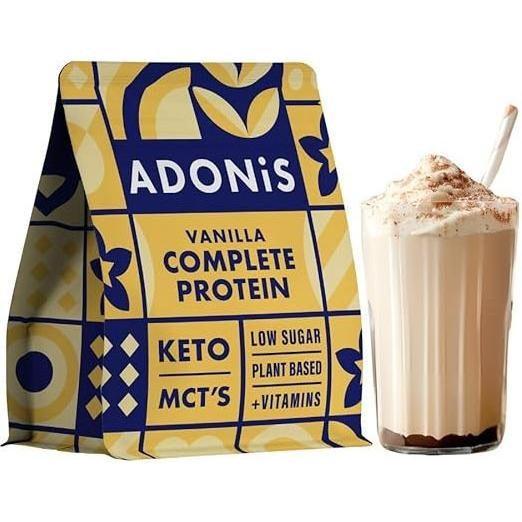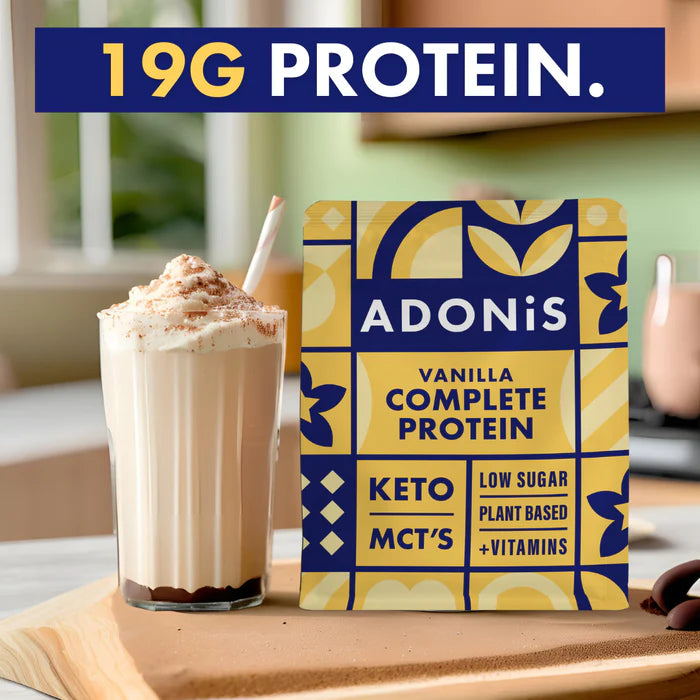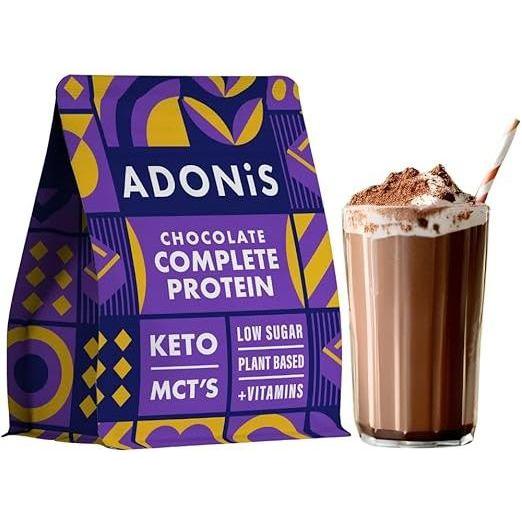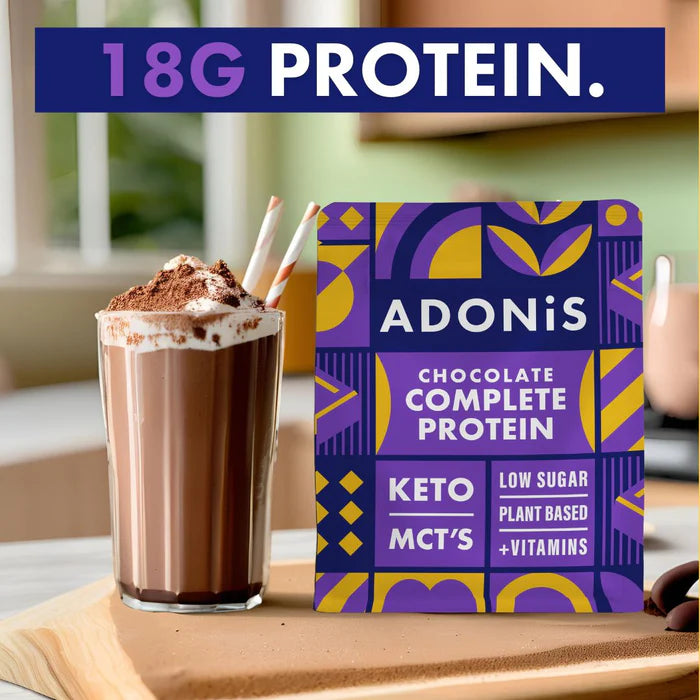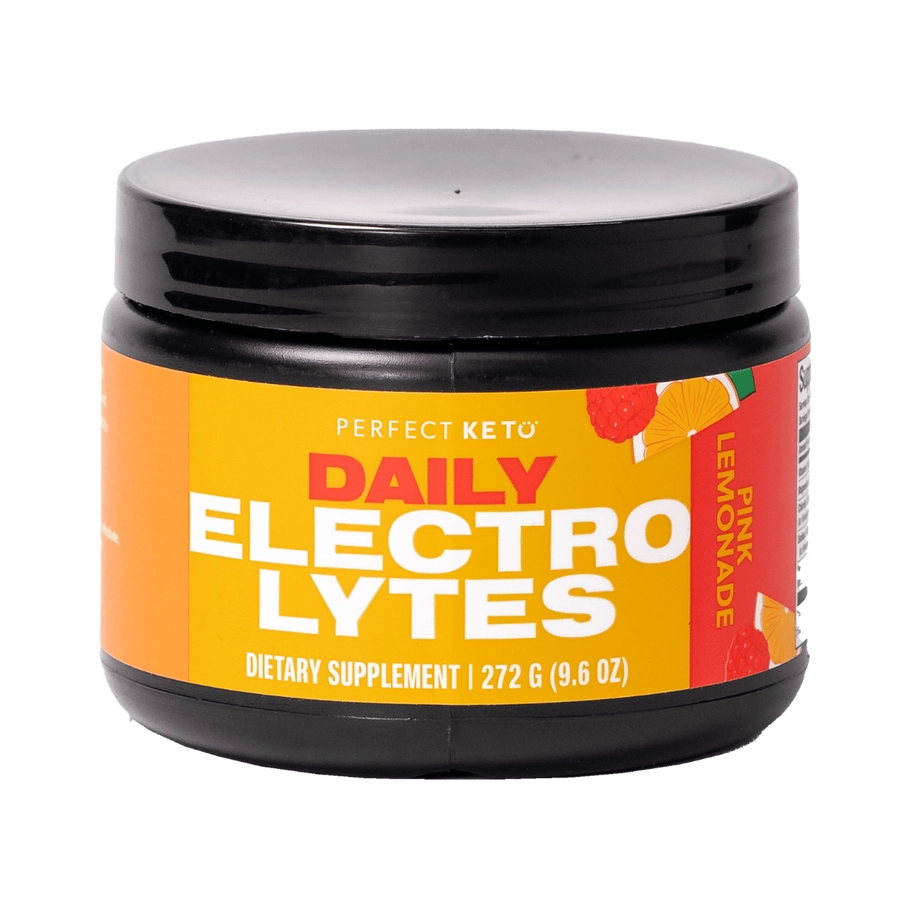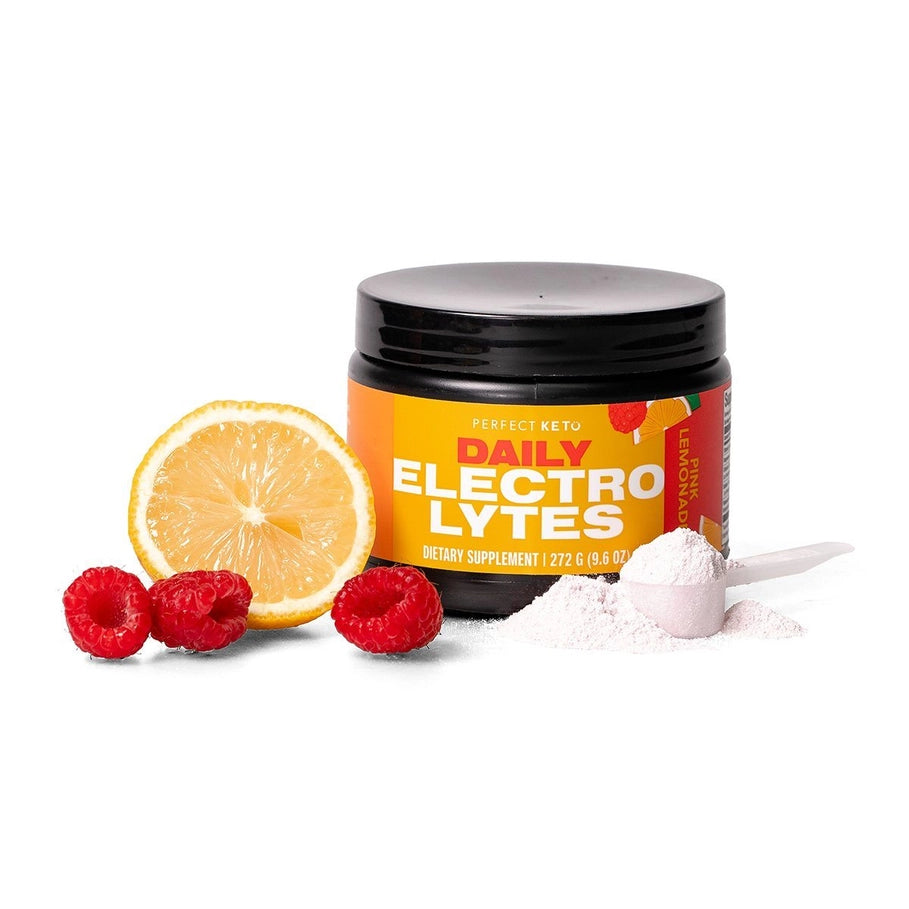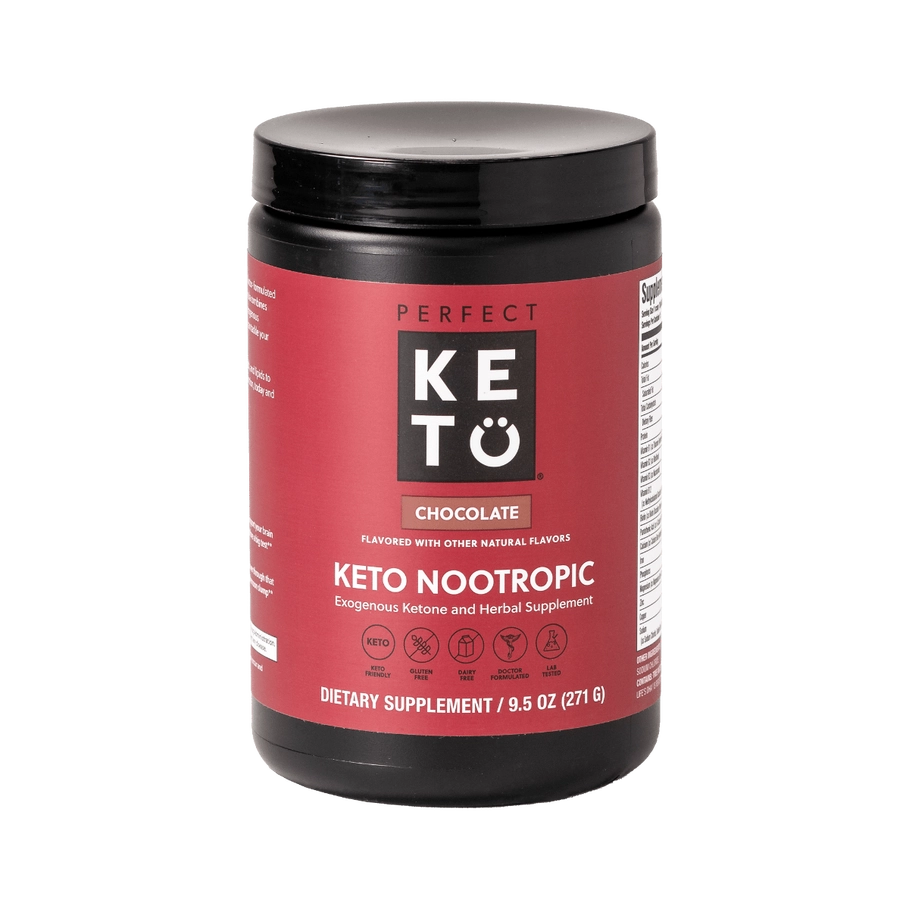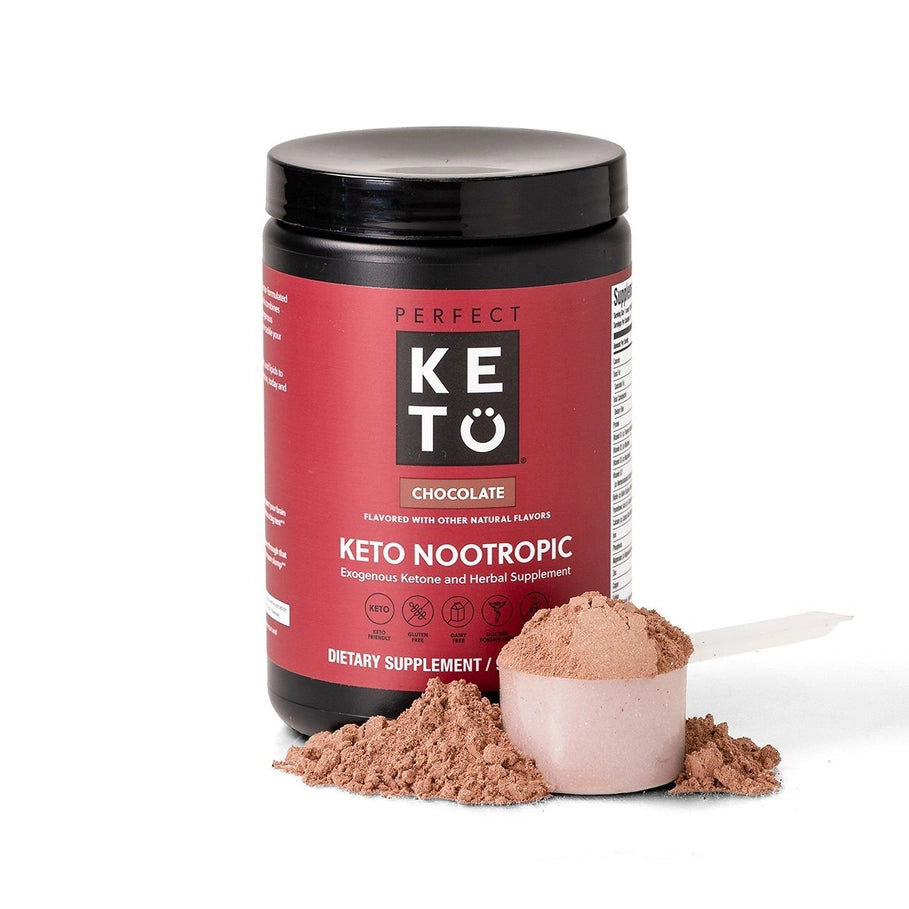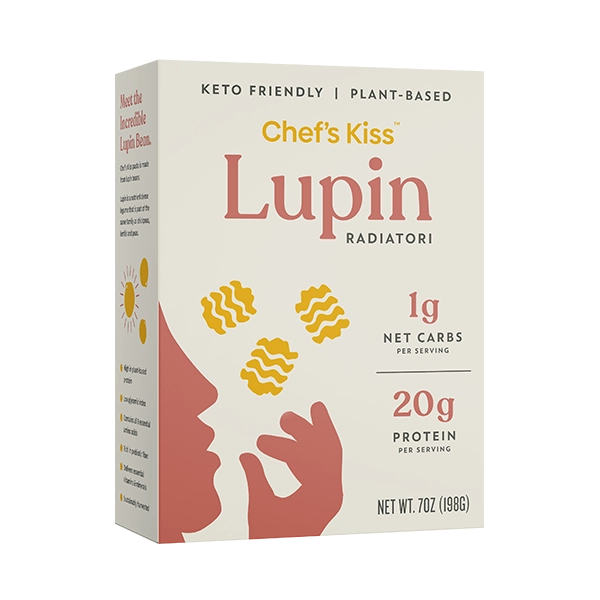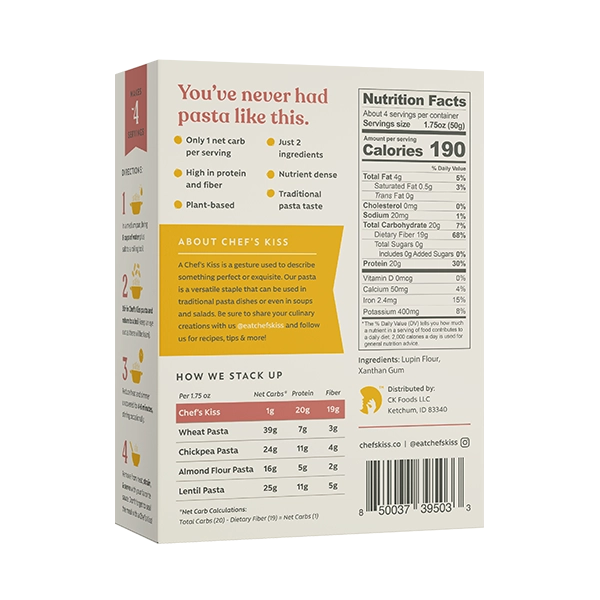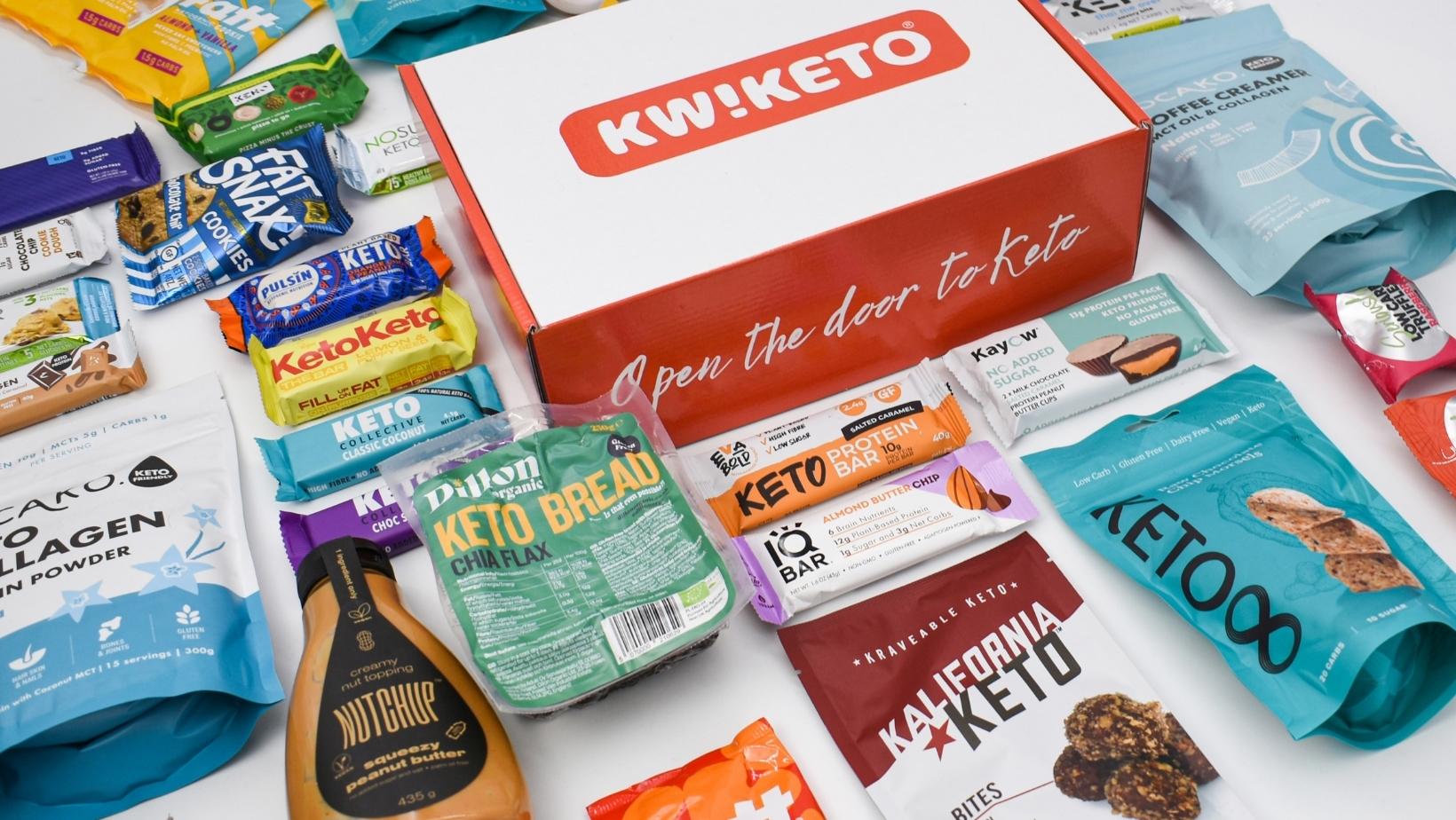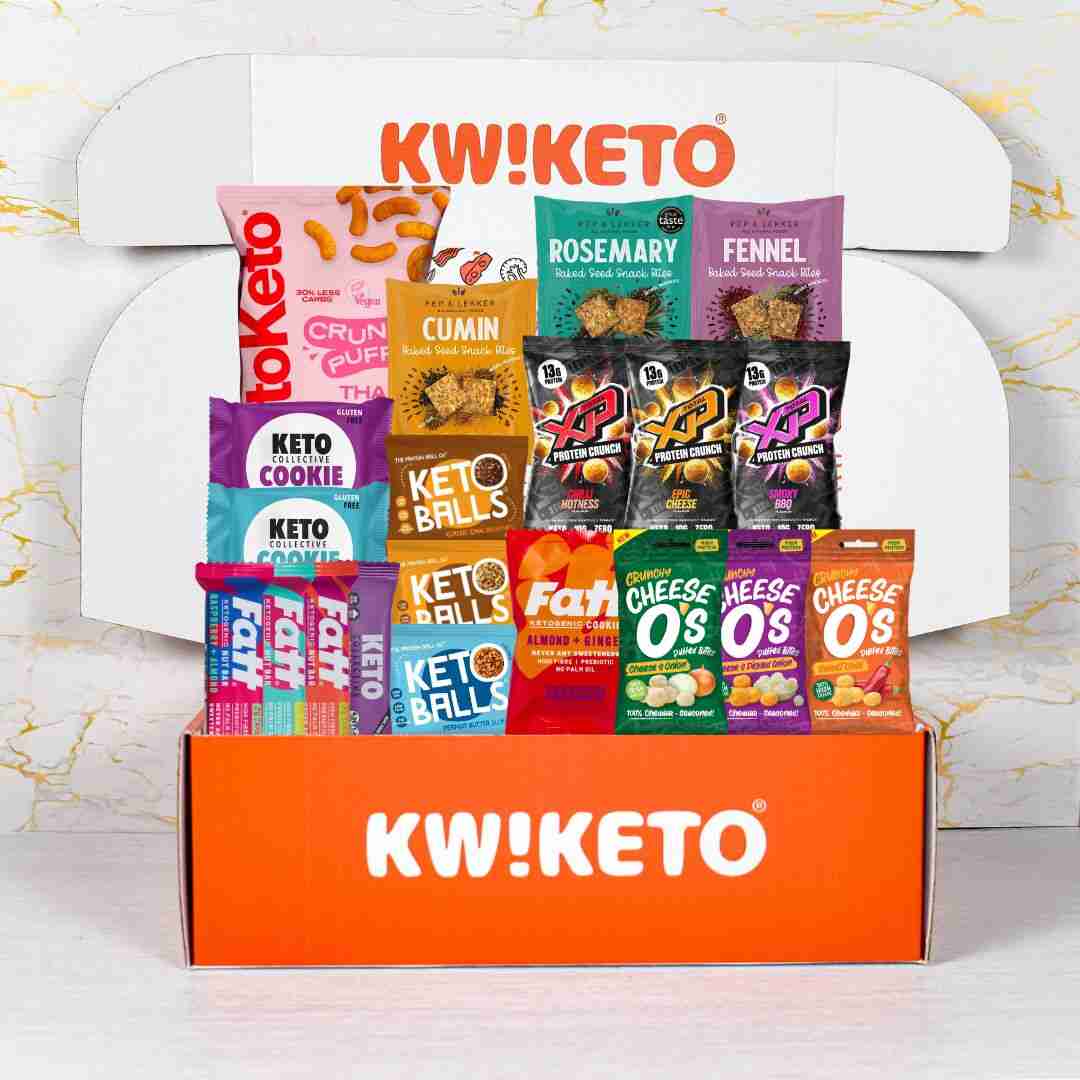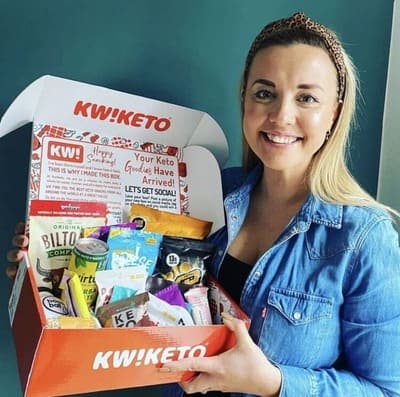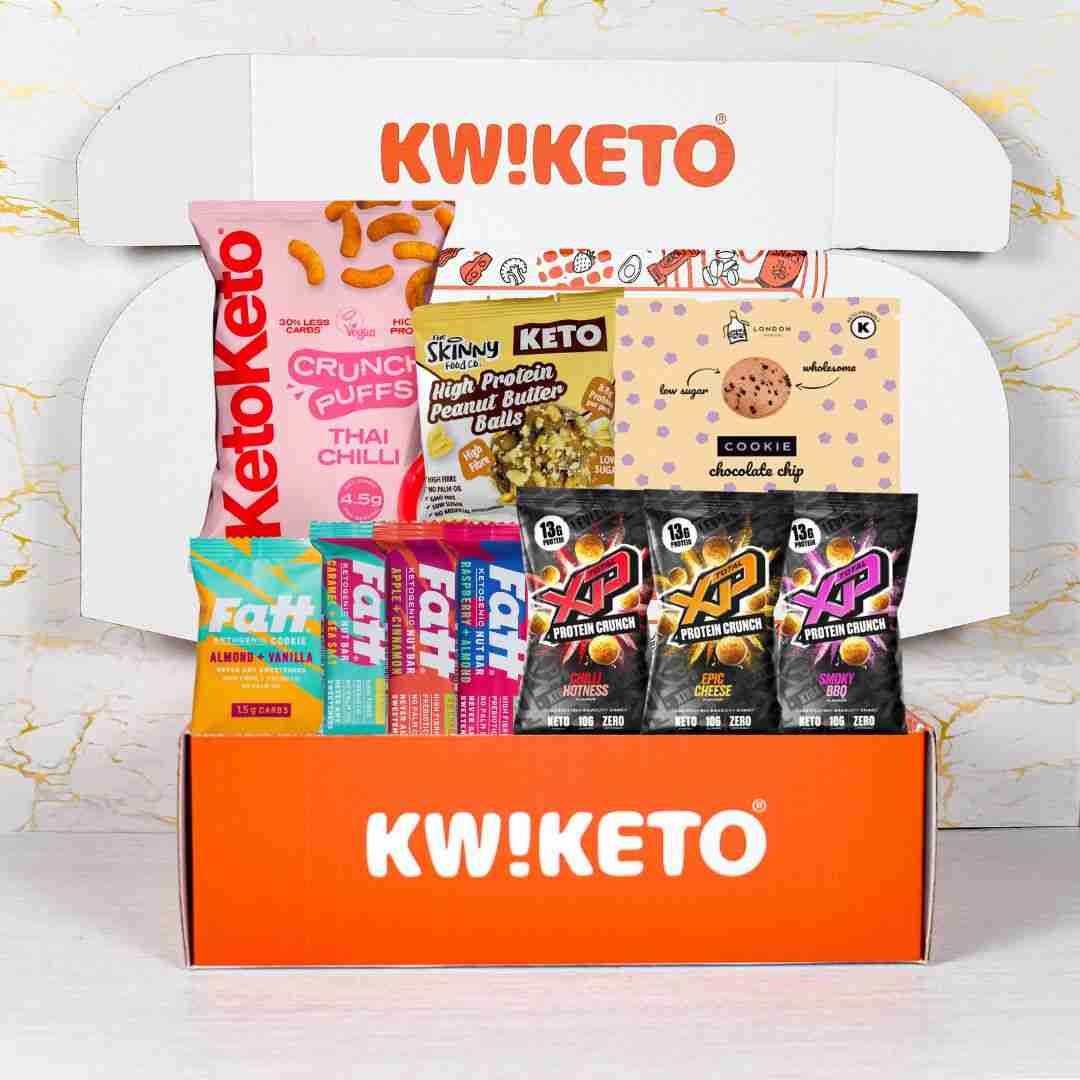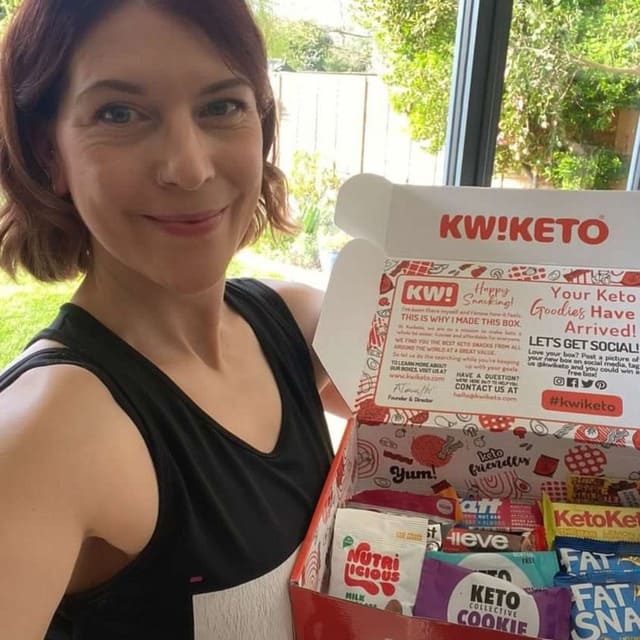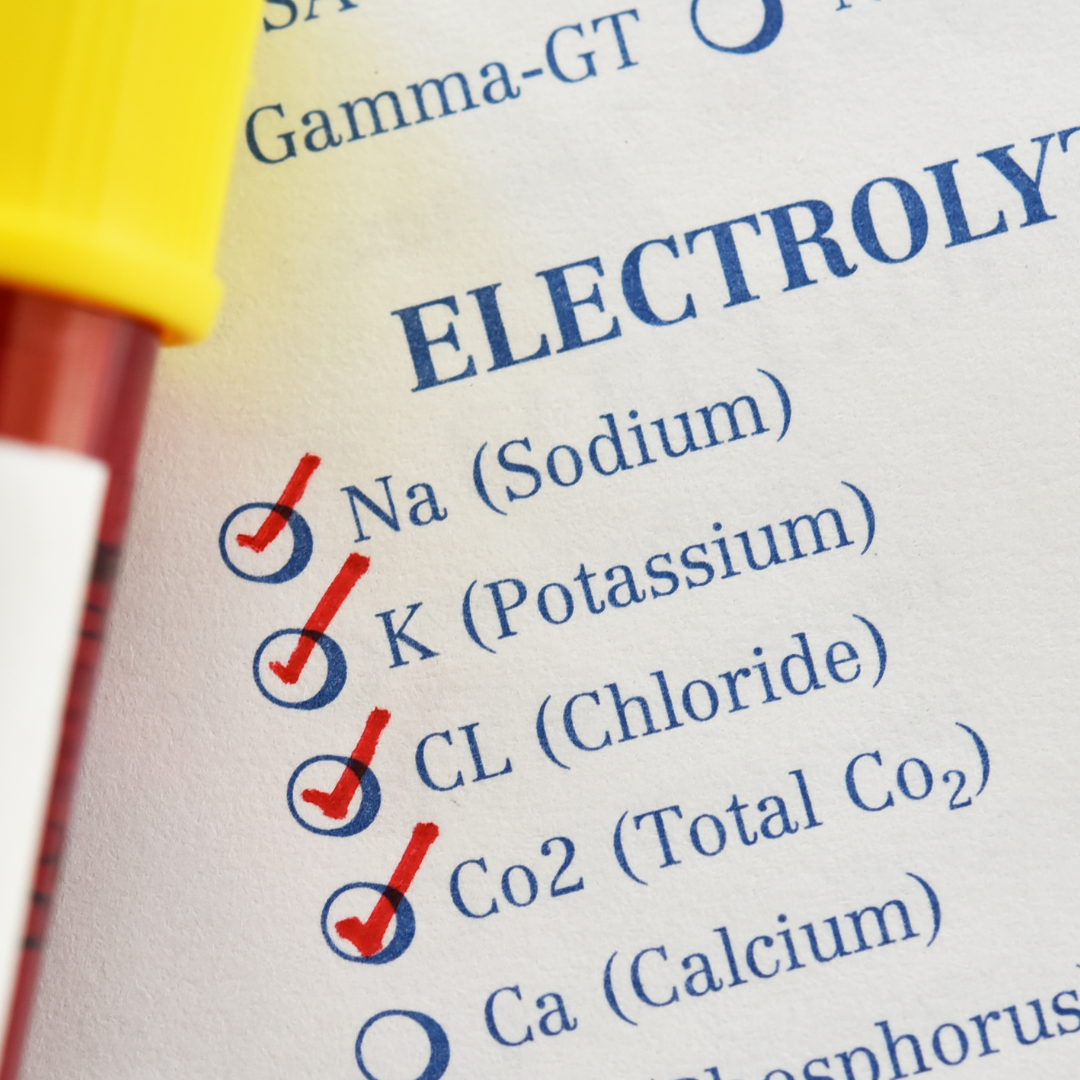
How to get electrolytes on a keto diet
What You Need to Know & How to Get Electrolytes on Keto Diet
Knowing how depleted you are of electrolytes and the right ways to replenish them is essential if you want to succeed on the keto diet. This is especially true if you’re an athlete, or if this is just the beginning of your keto journey. This high-fat, low-carb diet can cause some side effects in the beginning as your body transitions from burning carbs as its main source of fuel to burning fats instead. Keeping yourself hydrated and aware of the best sources of electrolytes will help mitigate these side effects. Even though it might feel counterintuitive at first, adding more salt and other electrolytes to your Keto diet can also help fight off common side effects such as headaches and dizziness. Let’s explore why that is.
What Are Electrolytes and Why Do They Matter?
Electrolytes are minerals that your body uses to regulate blood pH, transmit nerve impulses, and maintain healthy muscle function. They’re also essential for efficient hydration, so when you’re not getting enough of them in your diet, you’re at risk for dehydration and a host of other health issues. Most commonly, people who follow a ketogenic diet, or a diet that’s high in fat and low in carbs, get fewer electrolytes than they need because ketosis leads to an increase in urination — a.k.a. you pee more because your body is flushing out excess water and electrolyte-rich minerals like sodium (salt) and potassium.
Keto Flu and Why It Happens
The “keto flu” is a term sometimes used to describe the side effects of starting a ketogenic diet. It happens because your body is essentially in shock; it’s under the impression that it will starve because you are restricting your intake of carbohydrates. Keto flu symptoms usually start appearing in the first one to two weeks of following a keto diet. You might feel tired, weak, or have headaches. You might have trouble sleeping and concentrating, and feel generally unwell. These symptoms are temporary, though, and all signs point to them disappearing after your body adapts to the keto diet. A proper electrolyte balance can help mitigate the effects of keto flu. Adding more electrolytes to your Keto diet can also help fight off common side effects such as headaches and dizziness.
Side Effects of the Ketogenic Diet
The most common side effects of a ketogenic diet are dehydration and the depletion of important electrolytes. Your kidneys will flush out excess sodium and water, which can cause dehydration and sudden drop in blood pressure. Dehydration can also cause headaches, dizziness, and fatigue. In addition to that, the process of switching your metabolism from using glucose to using fats as fuel means that your body will use up its glycogen stores (the storage form of glucose in your body) more quickly than usual. When that happens, you get what is known as “ketosis breath”. All in all, these side effects can be pretty uncomfortable at first, but they’ll disappear within a few weeks if you stay on track with your keto diet. Keto-friendly electrolytes can help ease these side effects and make your transition to the keto diet easier.
How to Stay Hydrated on a Keto Diet
Staying hydrated is crucial on a ketogenic diet. However, it can be difficult because so many of the beverages that are good sources of electrolytes are carbohydrate-rich. By the end of the first few weeks on a keto diet, you might find yourself constantly thirsty, cramping up, and feeling tired even though you’re sleeping enough. Along with increasing your intake of electrolytes, there are a few things you can do to stay hydrated. Drink plenty of water throughout the day.
This is your best bet when it comes to staying hydrated. While you can also drink coffee or tea, these beverages are diuretics, which means that they actually dehydrate you. And while water is carbohydrate-free and calorie-free, coffee and tea do have a few calories and grams of carbohydrates in them. Avoid drinking water with meals. Drinking water when you’re eating can dilute your stomach acid. This could slow digestion and can make you feel bloated and uncomfortable. Choose beverages that have electrolytes. Sports drinks like Gatorade and Powerade contain electrolytes, but they’re full of sugar and carbohydrates, which are not allowed on a ketogenic diet. Instead, you can use a natural electrolyte supplement like this one.
Which Electrolyte Is Most Important?
If you search online for the best electrolyte supplements for keto, you’ll probably come across those that are rich in sodium and others that are rich in potassium. Most people recommend taking both potassium and sodium supplements. But you can also try to optimize your intake of one of these minerals, as they’re the ones most depleted by the ketogenic diet. However, be mindful of your intake of calcium, as too much sodium can lead to a decrease in calcium retention in the body.
Keto-Friendly Foods That Are Rich in Electrolytes
Let’s get down to specifics and take a look at some keto-friendly foods that are rich in electrolytes. You’ll find that most of these are high in sodium, so be mindful of your daily intake. Coffee: Coffee isn’t just good for helping you wake up in the morning. It’s also a good source of potassium, magnesium, and sodium. Avocados: Avocados are rich in potassium, as well as healthy fats and fibre. Coconut water: Coconut water is another natural source of potassium that’s also high in electrolytes. Bananas: Bananas are a great source of potassium, but they’re also rich in fibre and good carbs. Dates: Dates are another rich source of potassium, as well as a few other minerals and vitamins. Ginger: Something as simple as adding some ginger to your water or tea can help boost your electrolyte intake.
The Bottom line
The ketogenic diet is a high-fat, low-carb eating plan that can be an effective way to lose weight. However, if you don't pay attention to your electrolyte intake, you may experience a variety of symptoms such as cramping, headaches, and fatigue. This can be avoided by drinking lots of water and eating foods rich in electrolytes such as avocados, coconut water, dates, and ginger.

